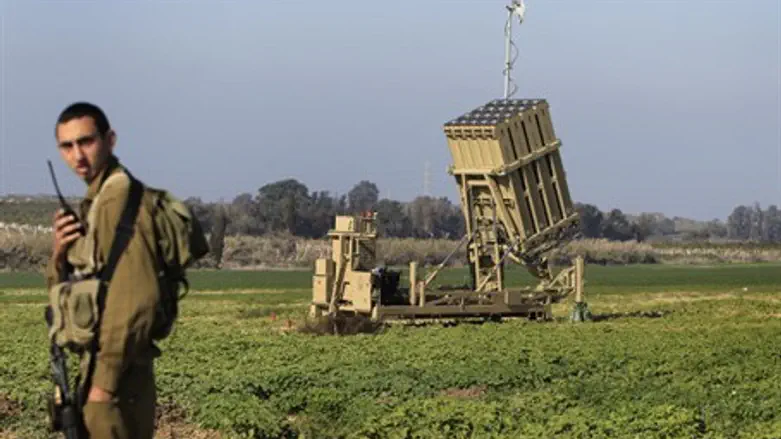
Prime Minister Binyamin Netanyahu delivered a polite but pointed reality check at the start of the weekly Cabinet meeting Sunday, couched in his discussion of his last-minute decision Saturday night with Finance Minister Yuval Steinitz to reduce a tax hike on gasoline.
The dreaded tax increase was scaled down after protests from consumers – but Netanyahu warned the next day that taxes are needed to maintain the country's defenses, among other necessities of life in a small country.
"For the fourth time within a year, we lowered taxes on gasoline,” he said in remarks at the beginning of the government ministers' meeting.
“I would like to make it clear – we do not control world gasoline prices. The price of gasoline is rising all over the world, in all countries. What we can do is to try and ease the burden on citizens in a responsible and measured way, and this is what we are doing. However, we are constantly maintaining the budgetary framework,” he said.
Netanyahu added that he and Finance Minister Yuval Steinitz would work on a deal to stabilize the situation without breaking consumer pockets. However, he added, “whoever says that it is possible to lower taxes and broaden expenditures without making an account lacks economic knowledge and is irresponsible.”
The prime minister was blunt about the cost of life in Israel, and why taxes are rising.
“We need the taxes in order to purchase additional Iron Dome batteries, in order to complete work on the fence, in order to finance free education for children, in order to pave highways and build railways, in order to help the elderly and the needy,” he said.
Each Iron Dome missile fired to intercept a Grad Katyusha rocket launched by Arab terrorists from Gaza at a major southern city costs $50,000. That doesn't include the price of the battery itself, nor the price of the personnel to staff the batteries 24 hours a day, seven days a week, and the cost of the skilled technicians who must train those who monitor the radar. Last month, more than 200 rockets were fired at southern Israeli communities – and nearly 50 Iron Dome missiles were used to intercept direct attacks on major Israeli population centers, each at a cost of $50,000.
However, Netanyahu added, it's not all bad news. “In the past two years – for the first time in many years – the poverty index has begun to decline. The number of poor people in the State of Israel dropped for the first time in years.”
Unemployment in the country is at its lowest since 1983, the prime minister noted, despite the global economic crisis. Iron Dome batteries are already deployed in Ashdod, Ashkelon and Be'er Sheva, and an additional system is currently being tested in the Tel Aviv area as well, with additional batteries being purchased.
"There is [also] the security fence along the Sinai border, and other actions we are undertaking to increase security,” he added.